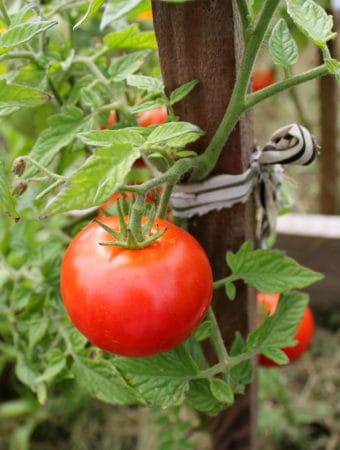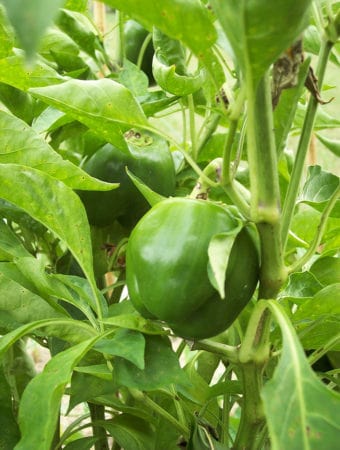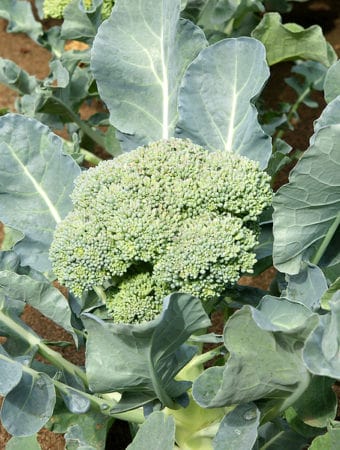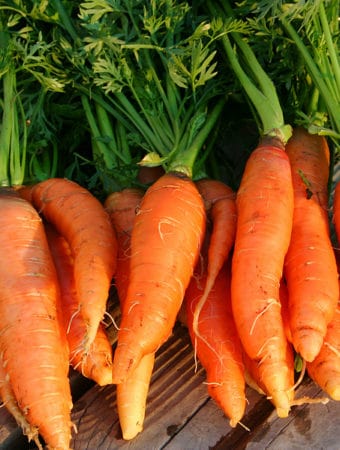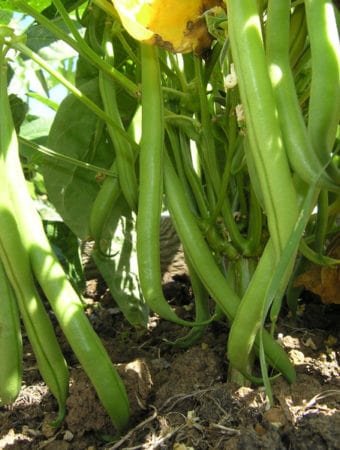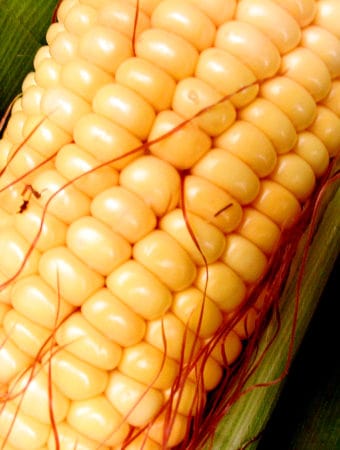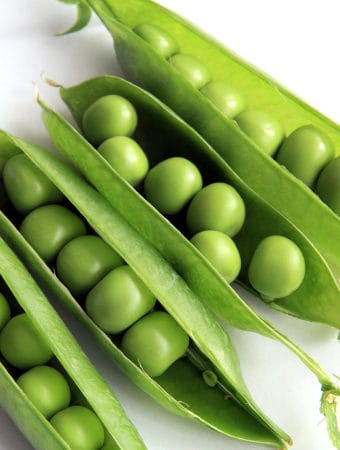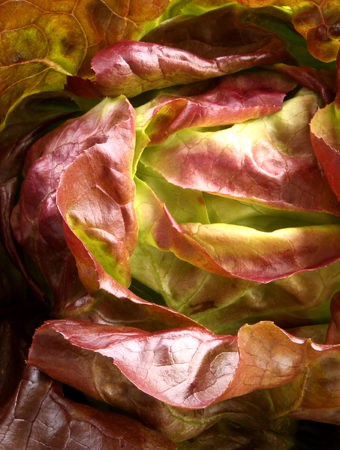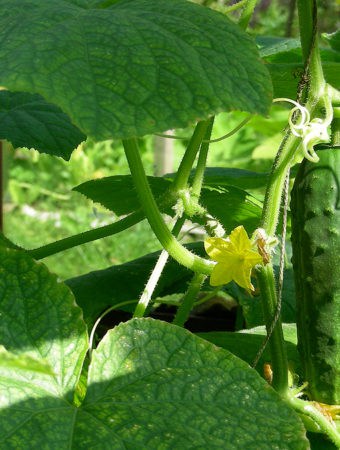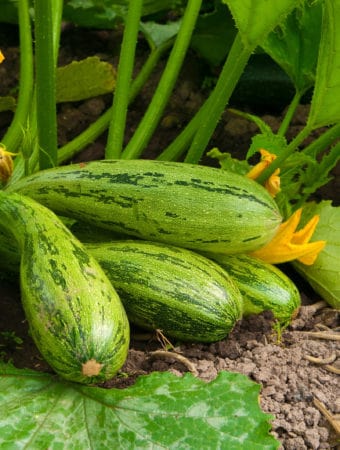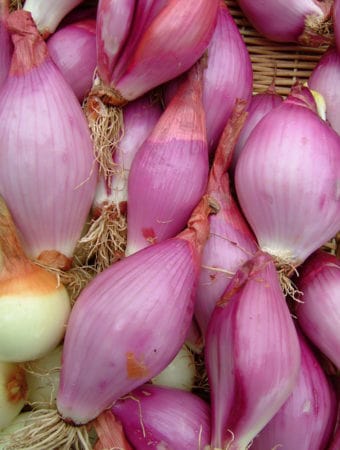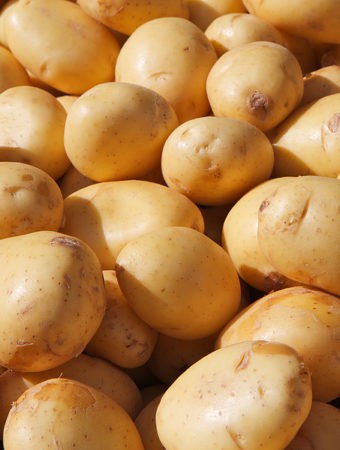The aphid midge is a beneficial insect. Aphid midge larvae eat aphids; one larva can eat as many as 65 aphids in a day.
Aphid midge larvae inject a paralyzing toxin into aphids and then suck the body contents from the stricken insects. They are more voracious feeders than ladybugs and lacewings which also feed on aphids.
Aphid midges are common throughout North America.
Scientific name: Aphidoletes aphidimyza
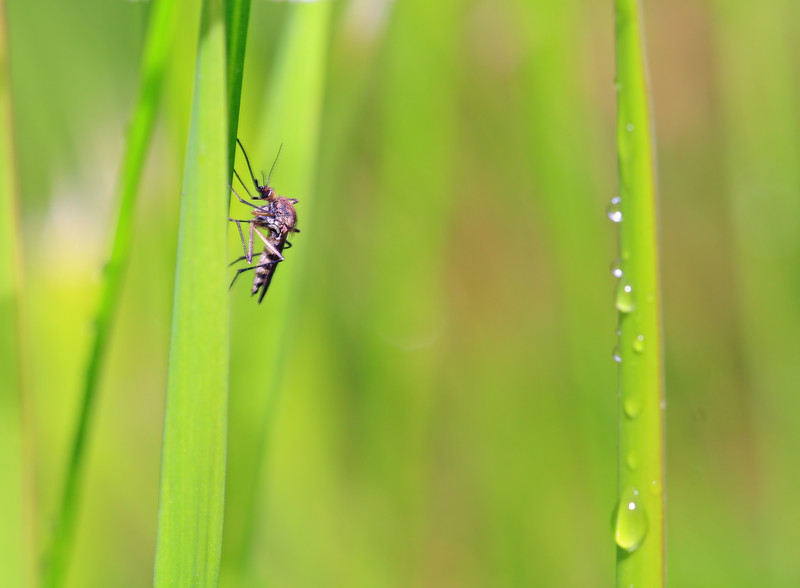
How to identify an aphid midge
The adult aphid midge is a very small, black, fly—less than 1/8 inch long. It looks like a fungus gnat. Adult aphid midge flies have long, slender legs and commonly stand with their antenna curled back over their head. Adults are active at night and hide under leaves during the day.
The aphid midge larva is a tiny pale yellow to red or brown slug-like creature not much more than 1/10 of an inch in length.
Aphid midge life cycle
Female aphid midges lay 100 to 250 shiny orange eggs singly or in small clusters among aphid colonies. Eggs hatch in 2 to 3 days. The larvae feed on aphids for 3 to 5 days then drop to the soil to pupate. They emerge as adults in about 10 days.
Aphid midges reproduce several times during the growing season. An adult aphid midge lives a few weeks.
How to attract aphid midgets
Attract aphid midges to the garden by planting pollen and nectar plants and providing a water source. Aphid midges are tiny and light, so the garden must be protected from winds. They are most effective in controlling aphids at 68−80 °F and high relative humidity.
Aphid midges are commercially grown by insectaries to use for aphid control in greenhouses. For a small greenhouse or garden, you will need 3 to 10 aphid midge cocoons per plant.
Related articles:
Vegetable Garden Beneficial Insects
Vegetable Garden Organic Pest Control
Vegetable Garden Diseases Problem Solver
Vegetable Garden Organic Weed Control
Garden Planning Books at Amazon:
- Vegetable Garden Almanac & Planner
- Kitchen Garden Grower’s Guide Vegetable Encyclopedia
- Vegetable Garden Grower’s Guide
- Tomato Grower’s Answer Book


